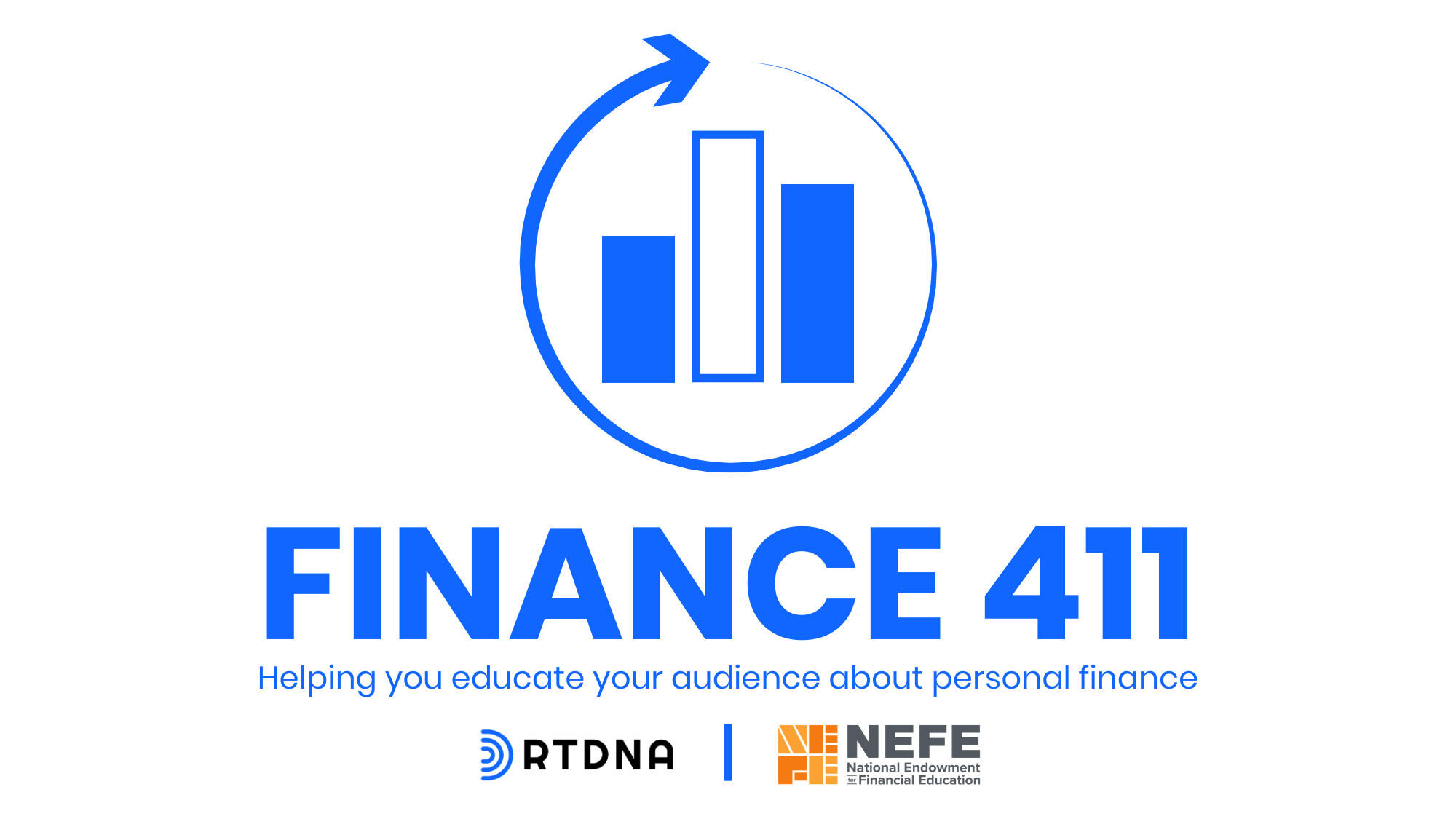Money Matters: Cover consumer stories like a financial expert

Jill Schlesinger, one of the 2018 RTDNA/NEFE Personal Finance Award winners, is a certified financial planner, a former options trader and an experienced independent investment advisor. Her background in money means she’s uniquely qualified to help people understand how the news affects their money.
“Jill on Money,” her radio call-in show, focuses on financial questions from listeners as well as expert interviews. Her approach offers some good tips for reporters who aren’t financial experts, too.
Ask good questions
Financial matters are all about details. Getting the full scope of any situation is key to understanding it and the consequences. A cursory look at a financial issue is likely to leave something out – and that something could be important. 401(k) or 403(b)? Getting Social Security at 65 or 65 ½? It could make a difference! Accuracy always matters, but precision is especially important on the consumer beat.
Recognize that goals are personal
There are few hard and fast rules when it comes to money because everyone’s personal situation and goals are unique. When reporting consumer stories that include advice, either from the reporter or from experts, it’s important to qualify what the presumptive goal is and to recognize that advice is rarely universal.
Apply problem solving
Many money situations involve uncertainty. No one can predict with absolute certainty what will happen when it comes to the economy, our health, a potential new job. That means managing money is all about weighing potential scenarios and problem solving based on stated goals and preferences. When it comes to financial stories, using graphics to illustrate a number of difference scenarios can be an effective way to factor in uncertainty.
Talk to experts
Even those with strong finance backgrounds don’t know everything about every aspect of investing, taxes, retirement, estates and all the other variables affecting one’s wallet. But chances are, there’s an expert out there even on an obscure issue. Don’t be afraid to admit you don’t know something and find one – or better yet, more than one – expert to talk to.
Keep it real
Particularly on economic topics, finance stories can be very abstract. They’re often looking at broad policies or trends. It’s important to ask with every story: What does this mean for real people? And not just in terms of their money, but their lives. After all, money is a means, not an end, right? When working on a financial story, think about the consequences for real people in terms of emotion: worry, security, hope, joy.
